Imaginings
stories, creative nonfiction, poetry, and other imaginative accounts of the natural world
-
Environmental Histories—Environmental Futures: Perspectives from Germany and Italy
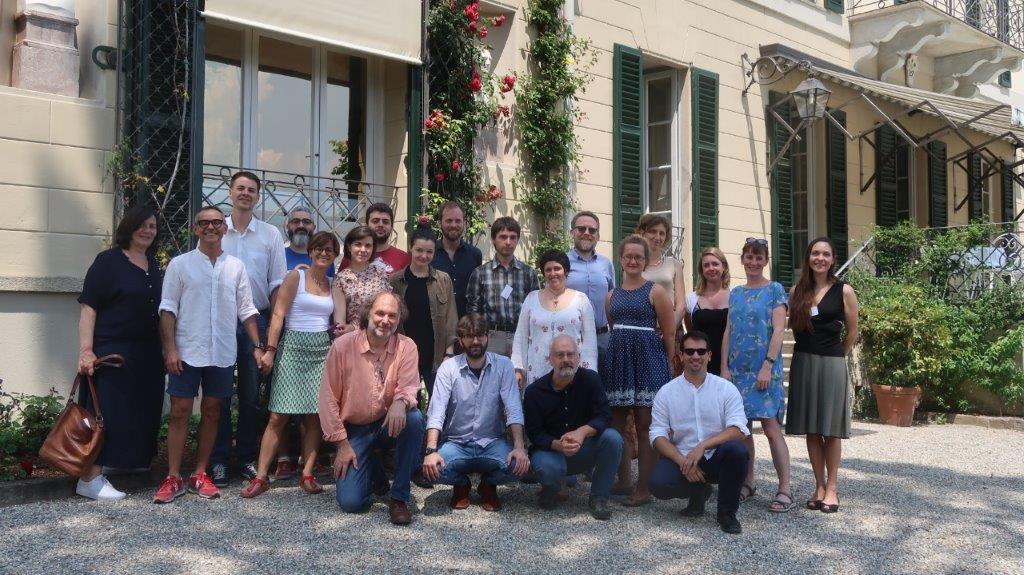
Workshop Report (17-21 June 2019, Villa Vigoni, Italy) By Claudio de Majo June 2019 saw a group of German and Italian scholars come together in the German-Italian Cultural Center of Excellence Villa Vigoni to discuss national perspectives on environmental history. The event was convened by Roberta Biasillo (KTH Royal Institute of Technology, Stockholm), Serenella Iovino
-
2020 Visions for Environmental History: Well-Grounded

This is the second post in a series on “2020 Visions for Environmental History” being published jointly by NiCHE’s blog The Otter ~ La loutre and Rachel Carson Center’s blog Seeing the Woods, with posts by Lisa Mighetto, Alan MacEachern, Arielle Helmick, and Claudia Leal. The series is intended to promote discussion at a session of the same name at the World Congress
-
Changing Landscapes of Indigeneity: CHE Place-Based Workshop
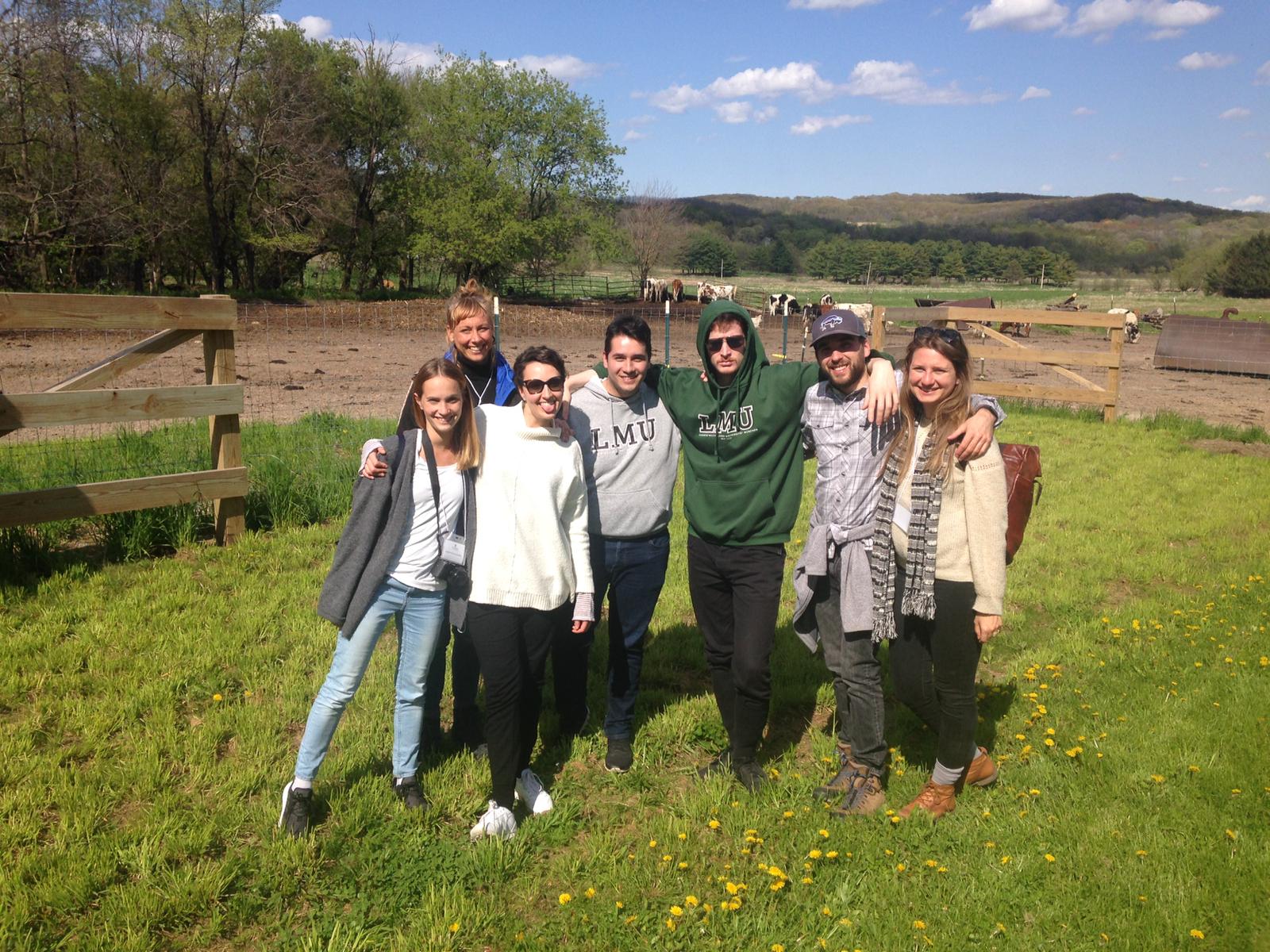
Workshop Report (13–16 May 2019, Madison–Wisconsin, USA) Nelson Institute for Environmental Studies, University of Wisconsin–Madison, Center for Culture, History, and Environment By Daniel Dumas In May 2019, a group of staff, doctoral candidates, and Environmental Studies Certificate Program students from the Rachel Carson Center traveled to Wisconsin in order to take part in a place-based
-
Picking Hops in Nineteenth-Century Wisconsin

By Jennifer Jordan From 1873 to 1879, in Dellona, Wisconsin, Ella Seymour kept a sporadic record of her life. Her careful handwriting curled across the blue and red lines of the little ledger she used as a diary. She recounted the weather, illness, chores, and visits like so many of her fellow diarists of the…
-
Writing for Change: Can Storytelling Save the Planet?

by Theresa Leisgang (@besal) Greta has not spent a single Friday in school since the beginning of the year. Little was the Swedish girl to know that one day over a million children in 1,700 places around the world were going to join her, demanding a radical change in climate politics. How did this happen?
-
The History of Munich’s Waste Management
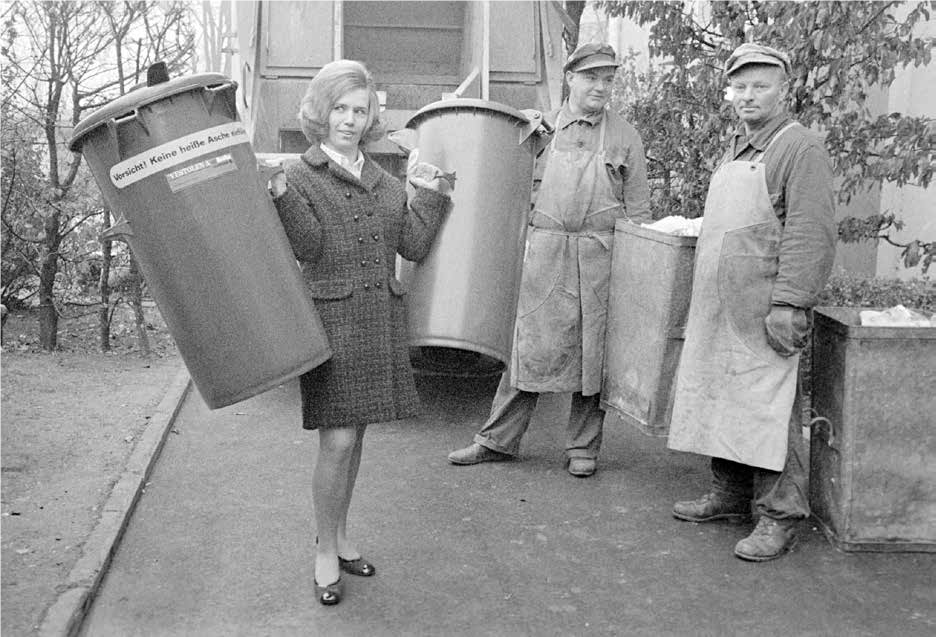
This post by Christian Schnurr, a student of the RCC-LMU Environmental Studies Certificate Program, stems from his research conducted as part of the exhibition project “Ecopolis: Understanding and Imagining Munich’s Environments.” Unless otherwise indicated, images are courtesy of AWM. Source: AWM Festschrift. An opera about rubbish disposal? Die Stadt, composed by Nélida Béjar and directed by Björn
-
Environmental Pasts—Environmental Futures: Perspectives on China
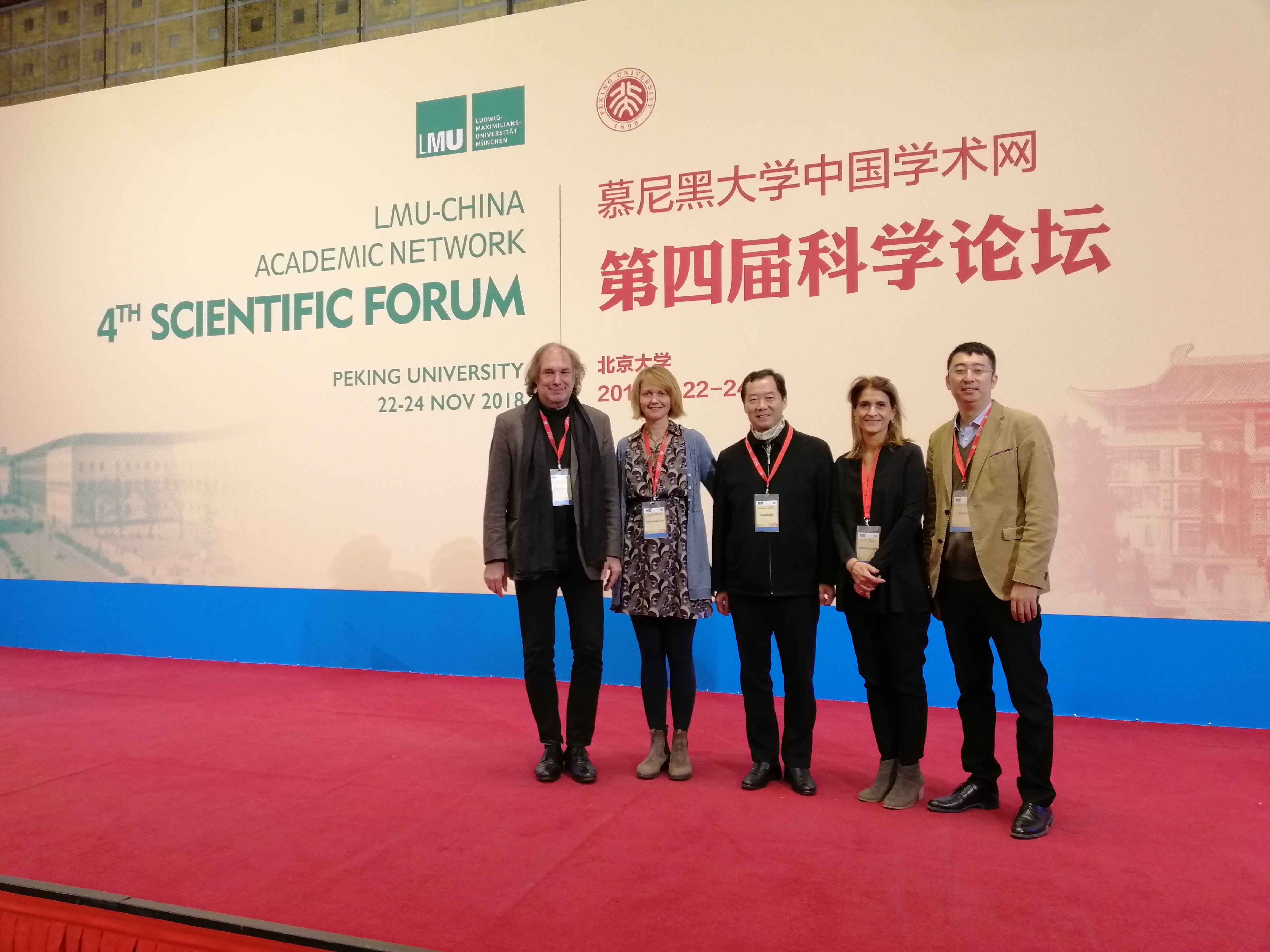
Conference Report (22–24 November 2018, Peking University, Beijing, China) By Elena Feditchkina Tracy (*Featured image: from left: Christof Mauch, Elena Feditchkina Tracy, Maohong Bao, Sophia Kalantzakos, and Fei Sheng) RCC fellows and alumni participated in the LMU-China Academic Network 4th Scientific Forum held on 22–24 November 2018, at Peking University in Beijing, China. Scholars joined their colleagues from Renmin
-
The Environmental History of the Pacific World

Conference report (24–26 May 2018, Sun Yat-sen University, Guangzhou, China) by Shen HOU (all photos courtesy of the author) The Pacific Ocean is the outcome of plate tectonic movement and one of the largest eco-regions on earth. It was explored by ancient navigators, and people dispersed to all of the ocean’s shores during early waves
-
German Beer and the Making of a New China
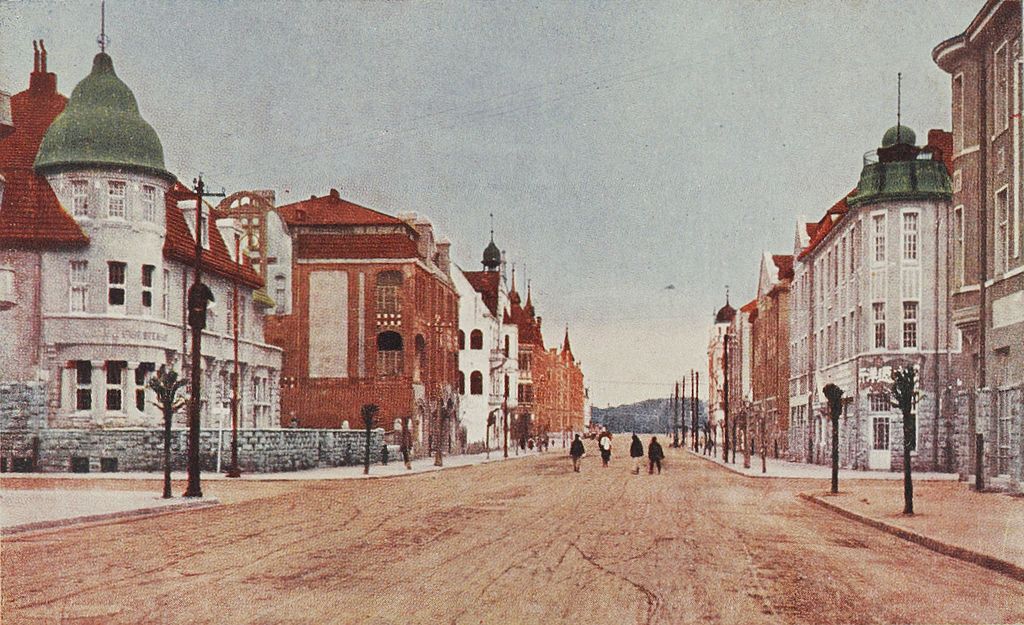
By Shen Hou The first commercial filmed in China was a 1947 effort to sell Tsingtao Beer, one of the world’s most famous brands. “Tsingtao” is an older spelling of the name “Qingdao,” the city that is still home to the beer company.